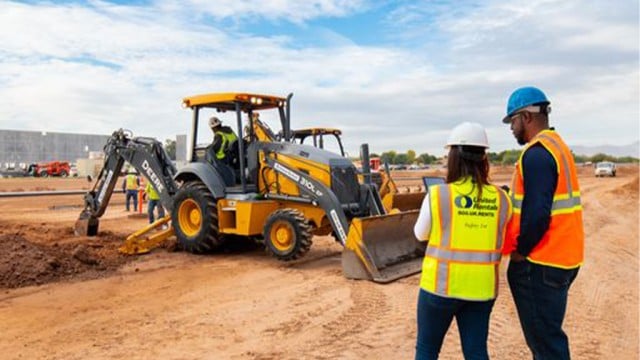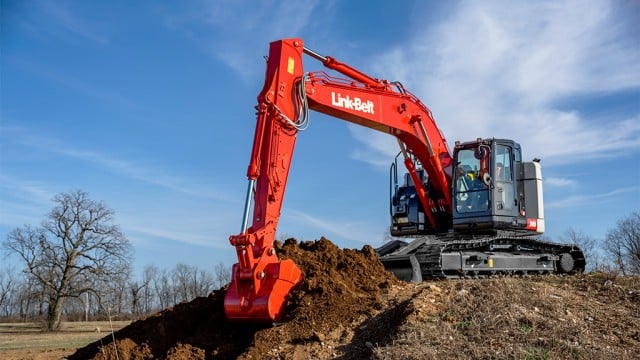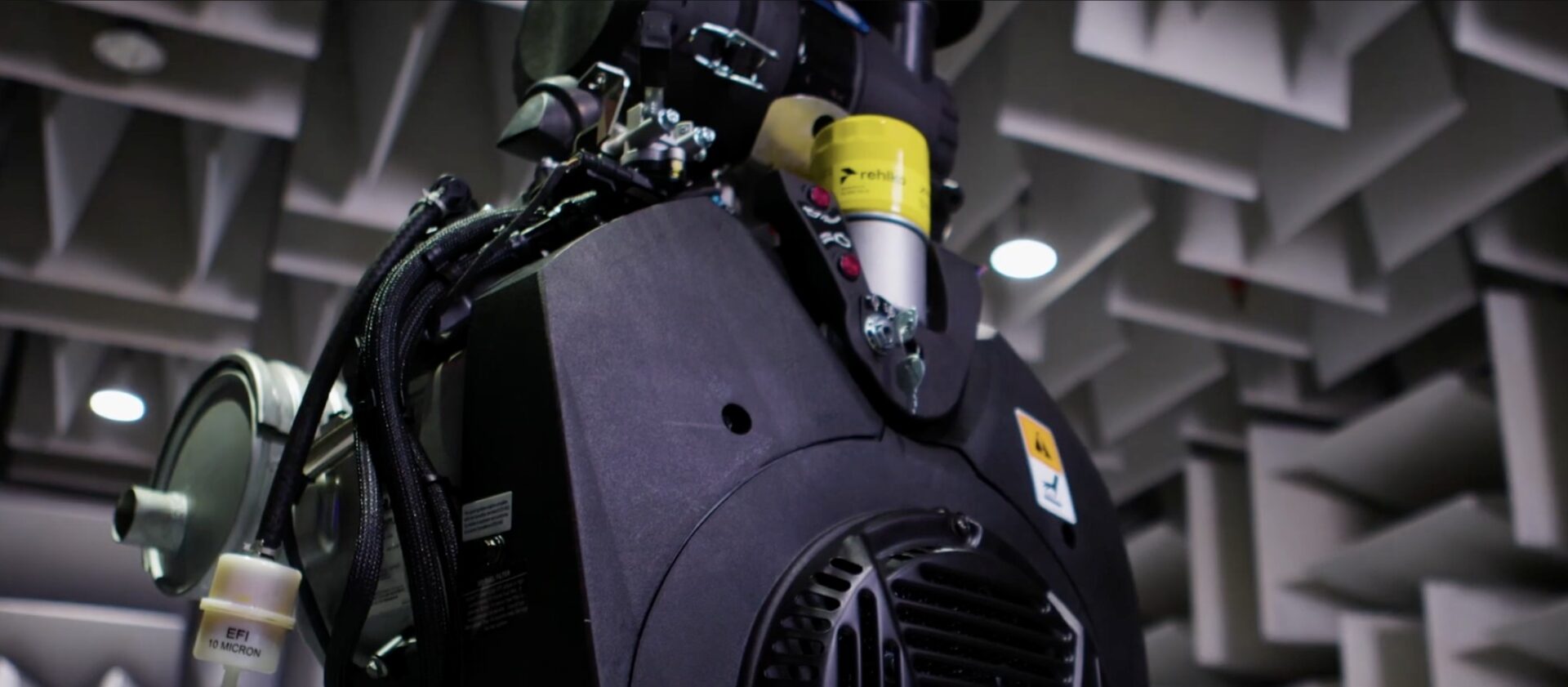What Training is Required for Truck Drivers?
Truck driving is a highly specialized profession that requires more than just basic driving skills. With the increasing number of trucks on the road and the potential dangers they pose, drivers must undergo comprehensive training before hitting the highways. The training required for truck drivers not only ensures their safety but also minimizes risks for […] The post What Training is Required for Truck Drivers? appeared first on World Construction Today.

Truck driving is a highly specialized profession that requires more than just basic driving skills. With the increasing number of trucks on the road and the potential dangers they pose, drivers must undergo comprehensive training before hitting the highways. The training required for truck drivers not only ensures their safety but also minimizes risks for other drivers on the road.
In this blog, we’ll outline the key training components that are required for truck drivers, the importance of staying compliant with industry regulations, and the legal implications that may arise if these standards are not met. Suppose you’ve been involved in a truck-related accident. In that case, it’s important to consult with a lawyer skilled in truck accident lawsuits to ensure that you are aware of your rights and any potential legal remedies.
Obtaining a Commercial Driver’s License (CDL)
Before anyone can drive a commercial truck, they must obtain a Commercial Driver’s License (CDL). A CDL is the foundation of any truck driving career and ensures that drivers are competent in handling large vehicles. The process for getting a CDL involves passing both written and driving exams, and drivers must demonstrate proficiency in operating heavy vehicles under various conditions.
Each state may have its own set of requirements, but there are universal standards set by the Federal Motor Carrier Safety Administration (FMCSA). These include:
- Written knowledge tests: Focus on topics such as traffic laws, driving safety, and regulations specific to commercial driving.
- Skills tests: Practical exams that evaluate a driver’s ability to control and maneuver a truck, backing up, and handling difficult road conditions.
Endorsements for Specialized Equipment
Truck drivers may need additional endorsements on their CDL depending on the type of truck they are operating. These endorsements require further testing and training:
- Hazardous Materials (HazMat) Endorsement: Drivers transporting hazardous materials must pass a special written exam and undergo a background check by the Transportation Security Administration (TSA).
- Tanker Endorsement: This is required for drivers transporting large liquid loads, such as fuel or chemicals. Handling tankers requires special skills due to the fluid movement within the tank.
- Double/Triple Trailer Endorsement: For drivers pulling multiple trailers at once, which requires added skill and focus to maintain control over the vehicle.
Without the proper endorsements, drivers are not legally allowed to transport these materials, and doing so can lead to severe penalties.
Defensive Driving Techniques
Truck driving is inherently more dangerous than driving a regular vehicle due to the size and weight of commercial trucks. For this reason, truck drivers must receive defensive driving training, which prepares them to anticipate and respond to potential hazards on the road. This part of the training focuses on:
- Maintaining proper stopping distances: Trucks require much more distance to come to a complete stop, especially when loaded with cargo.
- Handling adverse weather conditions: Snow, rain, and ice pose significant challenges, and defensive driving techniques help drivers navigate these conditions safely.
- Avoiding blind spots: Trucks have large blind spots on all sides, and drivers need to be vigilant in checking their mirrors and making safe lane changes.
Defensive driving not only helps prevent accidents but also plays a crucial role in keeping other drivers safe on the road.
Hours of Service (HOS) Regulations
One of the most critical areas of truck driver training is understanding the Hours of Service (HOS) regulations. Fatigue is a leading cause of truck accidents, so truck drivers must adhere to federal regulations that limit the number of hours they can drive without taking a break.
The FMCSA requires that drivers:
- Take mandatory breaks after driving for a certain number of hours
- Log their hours electronically to ensure compliance
- Avoid driving for more than 11 hours straight within a 14-hour window
Violating these regulations can not only lead to legal trouble for the driver but can also increase the risk of accidents. If you’ve been in an accident involving a truck driver who exceeded their legal driving hours, it’s important to consult with a lawyer skilled in truck accident lawsuits to explore potential claims.
Pre-Trip and Post-Trip Inspections
Another essential part of truck driver training is conducting thorough pre-trip and post-trip inspections of the vehicle. This ensures that the truck is safe and roadworthy before each journey. These inspections typically cover:
- Brakes and brake systems
- Tire pressure and condition
- Lights and signals
- Engine performance
- Cargo securement
Regular inspections help prevent mechanical failures that could lead to accidents. Drivers are trained to recognize early signs of wear and tear and address them before they turn into significant issues.
Specialized Training for Hazardous Conditions
Truck drivers may also receive training to deal with specific hazardous conditions they may encounter, such as mountain driving, ice, or heavy traffic. Handling a truck in these conditions requires additional skills, as the vehicle’s size and weight can make it more challenging to stop or maneuver safely.
This specialized training is vital, particularly for long-haul drivers who may need to drive through diverse environments with varying road conditions.
Why Training Is Important
Truck driving training is not just a legal requirement—it plays a key role in preventing accidents. Properly trained drivers are less likely to make mistakes on the road, ensuring the safety of both the driver and other motorists. Inadequate training, on the other hand, can lead to serious accidents, injuries, and even fatalities.
The post What Training is Required for Truck Drivers? appeared first on World Construction Today.

 machineryasia
machineryasia 








